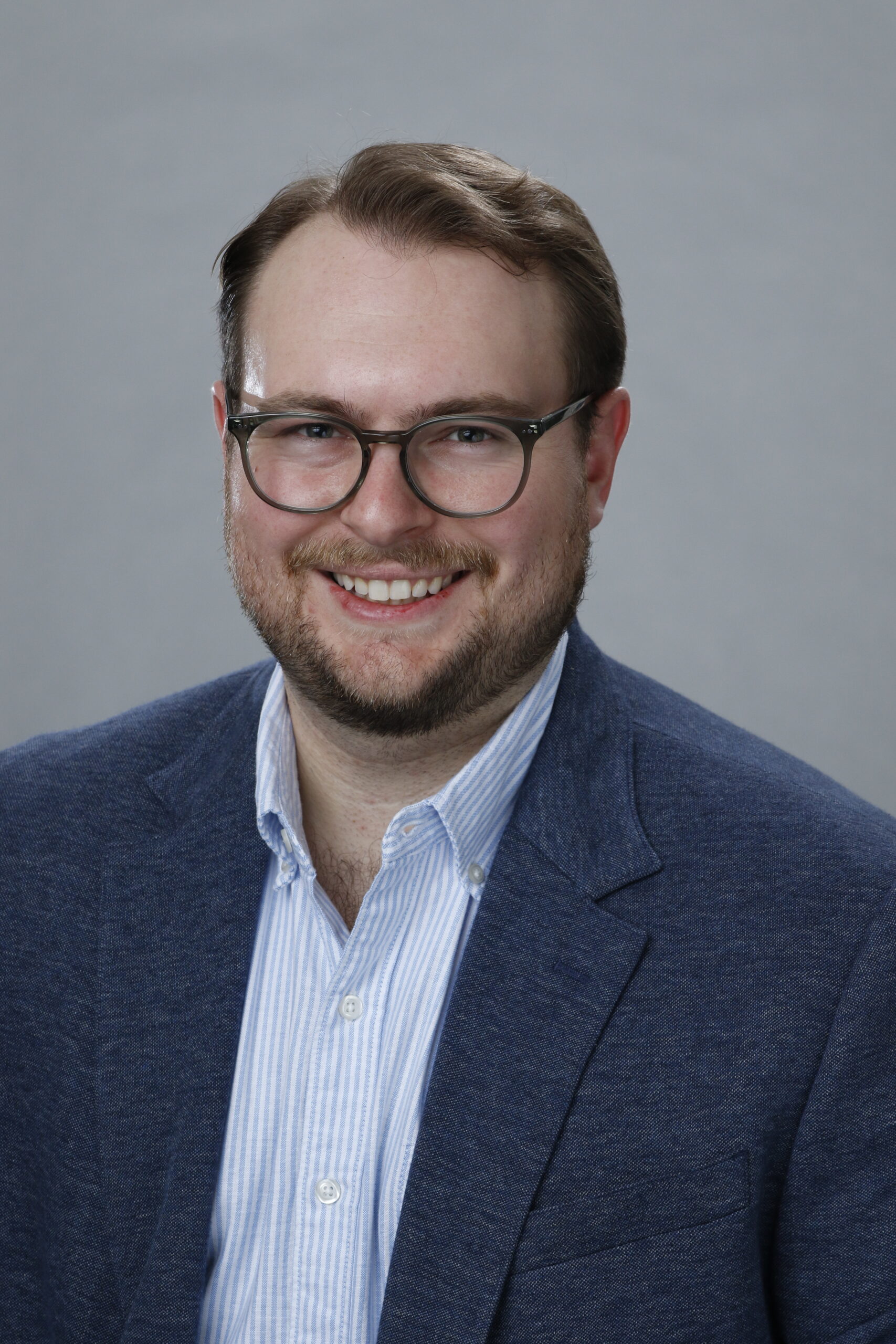
This January, Dr. Ross Dahlke (BA’18) return to Vilas Hall and joined the School of Journalism and Mass Communication as an assistant professor. Using software development as well as social and data science, Dahlke’s research dives into political information exposure and the effects on the open web and private communication channels. Learn more about Dahlke’s research, experiences and expertise.
Hometown
Westfield, Wisconsin
Educational background
Ph.D. from Stanford University and B.A. from the University of Wisconsin–Madison’s School of Journalism and Mass Communication.
How did you get into your field of research?
I got into my field of research through a combination of curiosity about the influence of media and a fascination with the power of data to answer complex questions. While working as a data scientist, I realized how new computational methods were allowing us to ask and answer questions of human behavior that were previously difficult to get at. My transition into academia was driven by a desire to dig deeper—beyond immediate applications—and contribute to a more nuanced understanding of how information systems affect society. My research allows me to combine my interest in human behavior with cutting-edge data science techniques in ways that I hope will advance both theory and practice.
What attracted you to UW–Madison and the SJMC?
UW–Madison has one of the strongest communities for doing research into communication and media anywhere in the world and across methodologies and topics. This scientific strength, combined with the close-knit community of the SJMC that goes all the way from undergraduates to graduate students and faculty, made the decision to return to UW an easy one. I also love Madison as a city. The city is so vibrant with community events always going on.
What was your first visit to campus like?
My first visit to campus was probably an undergraduate admissions tour. I guess I liked it so much that I chose to come back twice!
What’s one thing you hope students who take a class with you will come away with?
I hope my students come away with a deeper appreciation and understanding of the topic matter. For example, in my data visualization course, I of course want my students to know how to create all the different types of graphs they may need. But I also want my students to understand why we visualize data and how we can use this understanding to communicate information and ultimately learn about the world so we can make better decisions.
How do you feel your work relates to the Wisconsin Idea?
I see my work as deeply aligned with the Wisconsin Idea, which emphasizes using education and research to improve lives far beyond the university. My research focuses on understanding how media exposure, misinformation, and AI-generated content shape beliefs and behaviors. These issues impact communities across Wisconsin and beyond, influencing everything from political engagement to trust in institutions. I also work to create open-source tools out of my research that people, including everyday citizens and journalists, can use to improve their lives and professions.
What’s something interesting about your area of expertise you can share that will make us sound smarter at parties?
Tell people at your parties that 44.3% of American adults were exposed to at least one misinformation website in the weeks around the 2016 U.S. Presidential Election. Ask them if they think that number went up, down, or stayed the same during the 2020 U.S. Presidential Election. Most people guess that more people consumed misinformation websites in 2020 compared to 2016. However, my past work finds that fewer, 26.2% of American adults visited at least one such website in the weeks around the 2020 U.S. Presidential Election. Stay tuned for an update on the 2024 Election, including how AI-generated misinformation impacts these results!
What do you enjoy doing when you are not working?
When I’m not working, I’m trying to find new beers to drink or perfecting my coffee making technique. I also enjoy watching the Milwaukee Bucks, UW Badgers, and Bayern Munich.